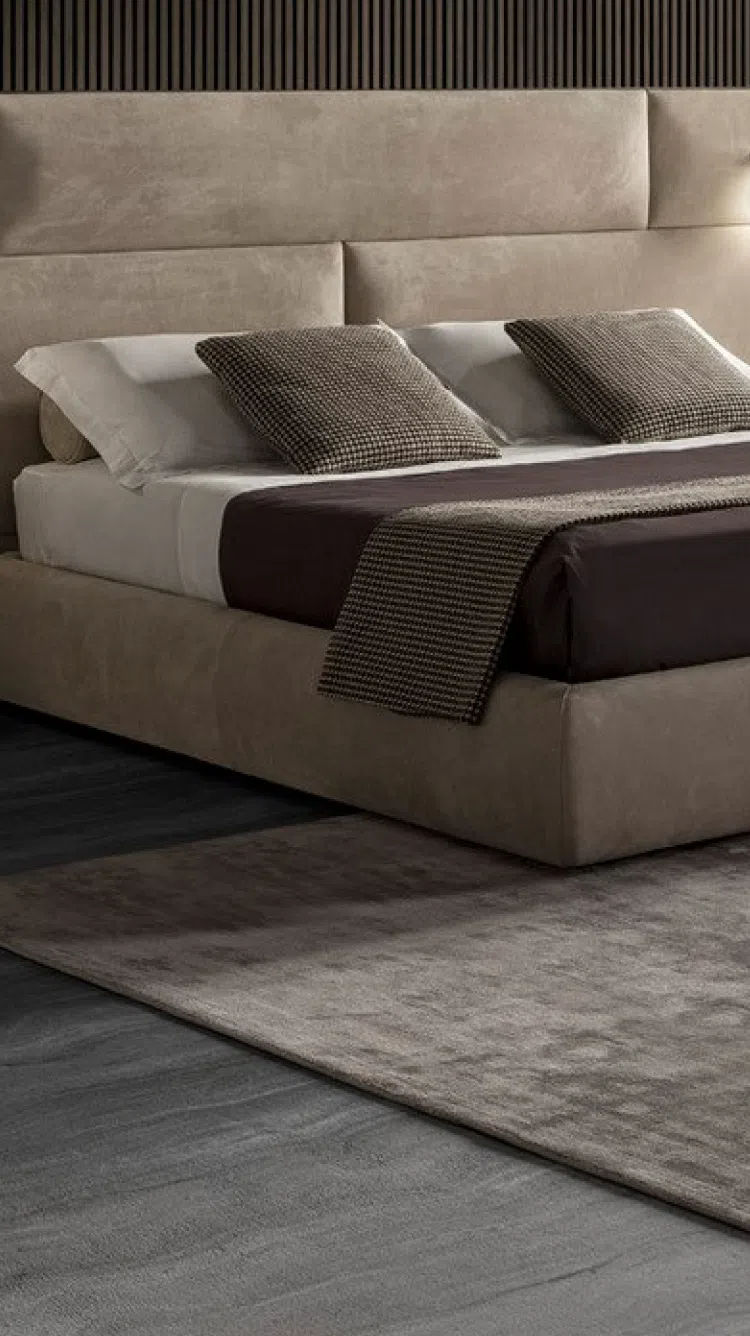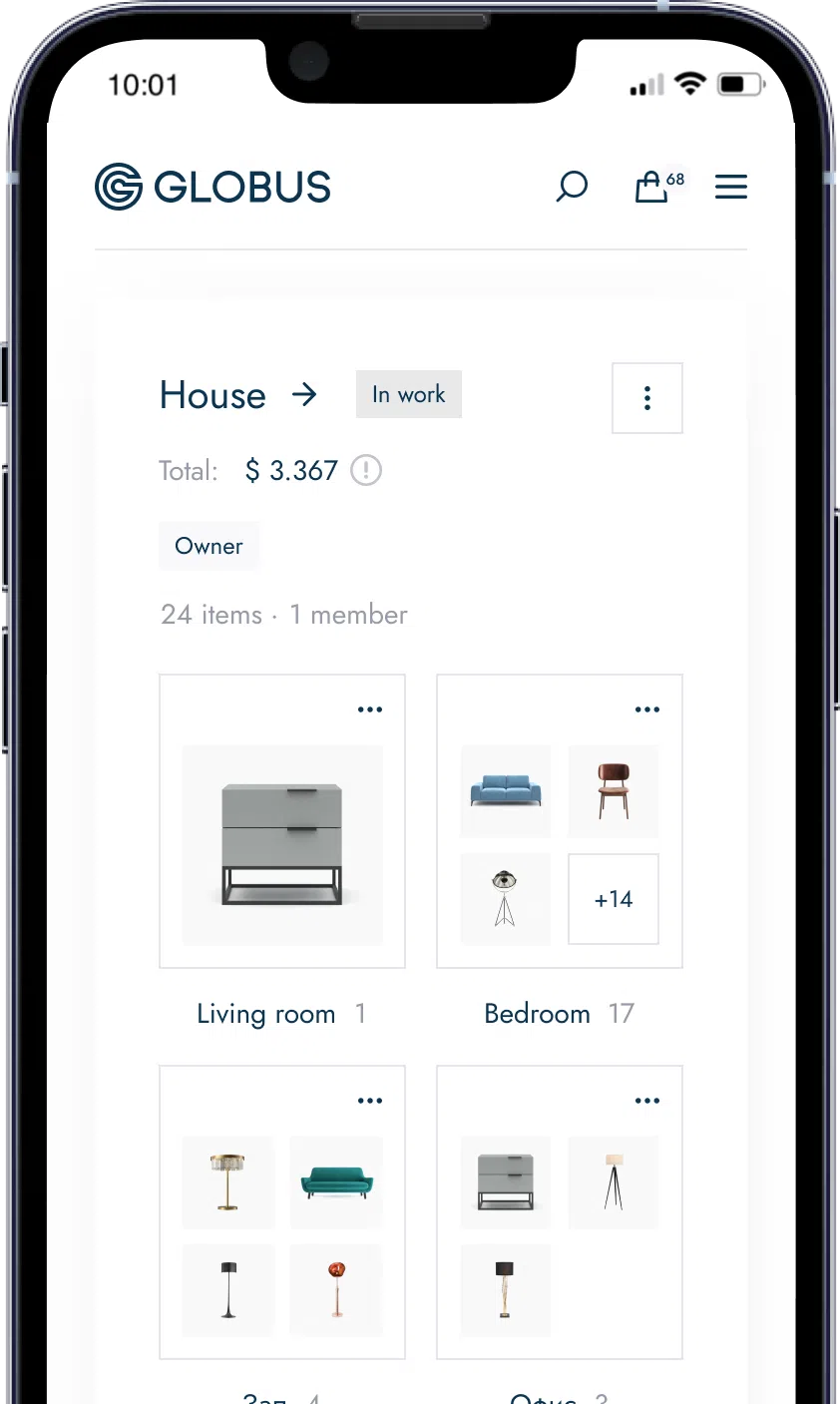
Vinyl, often referred to as polyvinyl chloride (PVC), is a type of synthetic plastic polymer that is widely used in furniture manufacturing due to its durability, easy maintenance, and versatility. Coming from the family of thermoplastics, it is created through a process of polymerization of vinyl chloride monomers.
Characteristics of Vinyl as a Furniture Material:
Durability: Vinyl is a sturdy material that does not easily rip, tear, or puncture. This durability makes it suitable for furniture pieces that will be heavily used, such as sofas, chairs, or commercial seating.
Water Resistance: One of the inherent properties of vinyl is its resistance to moisture, which allows for its use in outdoor furniture or in settings where spills are common, such as dining areas or healthcare facilities.
Ease of Maintenance: Vinyl is quite easy to clean. It typically requires only a damp cloth with mild soap for everyday messes. Stains generally do not penetrate the surface, making it a hygienic option for various environments.
Flexibility: When heated, vinyl becomes extremely flexible, allowing manufacturers to mold it into different shapes and textures, making it a highly versatile material for creating a variety of furniture designs.
Aesthetic Variety: Vinyl can be produced in almost any color. It can also be textured or finished to mimic other materials, such as leather, making it a more affordable option for those who like the look of leather but are on a budget or prefer a cruelty-free alternative.
Affordability: Compared to other materials like genuine leather or high-quality fabrics, vinyl is generally more cost-effective; thus, it's a popular choice for budget-conscious consumers.
Flame Retardant: Many vinyl materials are treated to be flame retardant, which means they can slow down the spread of fire. This makes vinyl a practical choice for commercial settings where fire safety is a concern.
Resistance to Abrasion: High-quality vinyl has good resistance to wear and tear from abrasion, which contributes to its longevity, especially in public or commercial spaces.
Limitations of Vinyl:
While vinyl boasts many positive attributes, it has its constraints and potential drawbacks. For instance:
- Comfort: Vinyl may not breathe as well as natural fabrics, which can cause it to feel less comfortable in warm climates as it can become sticky when in contact with skin.
- Environmental Impact: Vinyl is a plastic and is not biodegradable. The production and disposal of vinyl can have negative environmental impacts. Additionally, it may release harmful chemicals if burned.
- Susceptibility to Damage: Despite its general durability, vinyl can be damaged by sharp objects, and it may crack over time if exposed to extreme temperatures or direct sunlight for prolonged periods.
In conclusion, vinyl’s properties make it a popular choice for many types of furniture, especially in settings where durability and ease of maintenance are top priorities. When considering vinyl for furniture, it's essential to weigh its practical benefits against potential comfort and environmental considerations.



